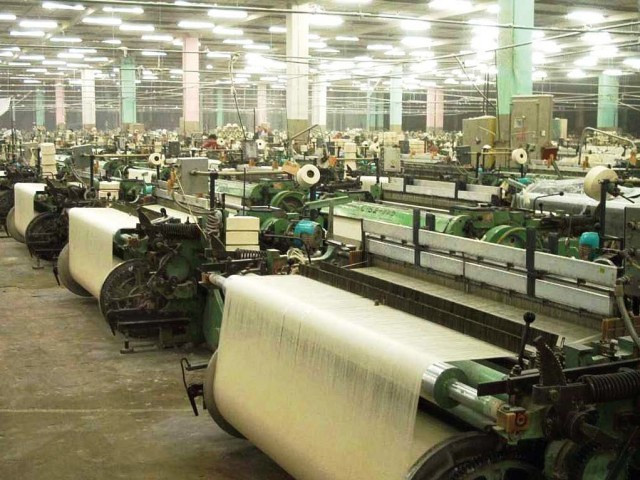It seems that the government is determined to implement the reformed general sales tax, which is just a nomenclature change for value-added tax, on the textile sector. Although in its true spirit VAT should be implemented across the board, we need to analyse our current scenario and tax practices before we take any further step.
Through the Finance Act 2005, the GST was waived or made zero-rated on textile and other export-oriented sectors after legitimate exporters-cum-manufacturers convinced the government of its negative implications on the export sector as well as on the government exchequer. The manufacturing-cum-export sector, which is the backbone of the economy, was under a severe cash crunch due to delays in refunds and rampant corruption. Before the implementation of this act, the government exchequer was refunding more sales tax than it actually received from textile companies because of the corrupt and inefficient system and existence of fraudulent companies. These are truly testing times for the textile sector of the country. On the one hand, general interest rates and export refinance rates have again started to move upwards, in addition to the crowding-out effect of private sector credit in view of excessive government borrowing. This at a time when cotton pricing is at the highest level in 15 years, thus requiring more working capital for operations.
On the other hand, constant increase in energy cost, inflationary pressure and deteriorating country image are making our products uncompetitive in the global marketplace. Textile exports are surviving in an environment where comparative countries are benefiting from better market access and rebates from their respective governments. The government should at least not make things worse for the exporting units by levying sales tax and thereby sucking up the much needed liquidity and putting the units into the quagmire of refunds.
Reformed GST, making it difficult for textile industry
The government seems determined to implement the reformed general sales tax, which is just a nomenclature change for value-added tax, on the textile sector.



COMMENTS
Comments are moderated and generally will be posted if they are on-topic and not abusive.
For more information, please see our Comments FAQ